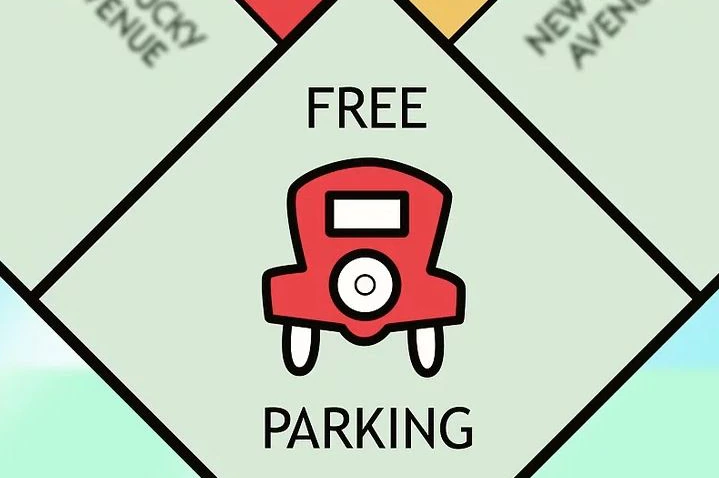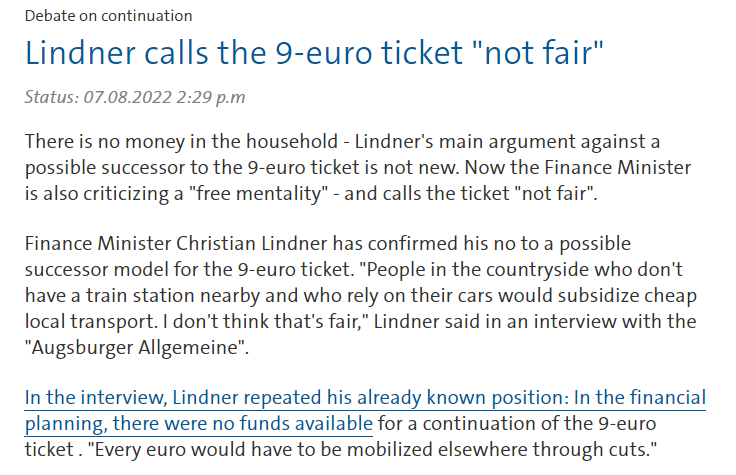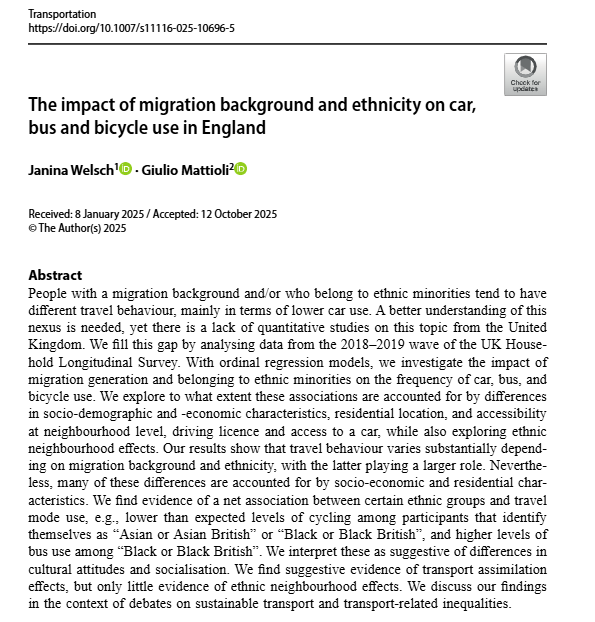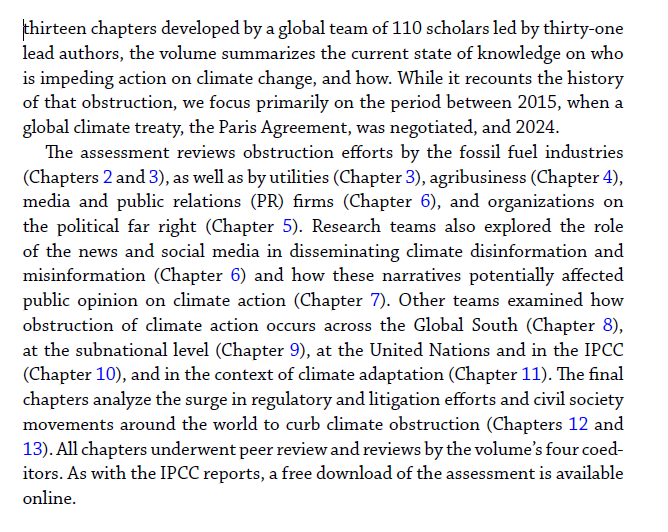What German Liberals should say re: free parking to be true to their free-marketeering credentials, and what they actually say about it.
A THREAD #Lindner #9EuroTicket #Gratismentalitaet #Parkraumbewirtschaftung
A THREAD #Lindner #9EuroTicket #Gratismentalitaet #Parkraumbewirtschaftung

What they should say / 1: "By making public space available for storing private cars for free, the State is losing a lot of money. Think of all the revenue that you could make by renting out that space at market prices. If we waste money that way, we'll have to cut elsewhere" 

What they should say /2: "People who don't have cars would subsidize car users. I don't think that's fair. Especially if we consider that households without cars have lower income - up to 50% of low-income households are without cars" 

What they should say /3: "Making so much public space available for free does not cover the costs of providing & maintaining parking spaces. It's "redistribution". Drivers have this #Gratismentalitaet à la unconditional basic income when it comes to parking but that's wrong" 

What they should say /4: "Currently the costs of providing, maintaining parking & enforcing parking rules are paid for with general taxation. That includes those who don't own cars, and are forced to rely on public transport & cycling. I don't think that's fair"
What they should say / 5: "What costs nothing is worth nothing. Nowadays people look at parking spaces as something worthless. We can do better with our urban public space. And if you live without a car, you get nothing from free parking, but you have to pay. That will not do". 

What they actually say / 1: "We are strictly against parking pricing. These plans unilaterally disadvantage citizens who need their cars and who often have no other parking space available. The parking situation is tight already & will get worse" 

[NB all the English-language screenshots are automatically translated from German by Google or Twitter. That's why they sound clumsy] [END]
• • •
Missing some Tweet in this thread? You can try to
force a refresh



















